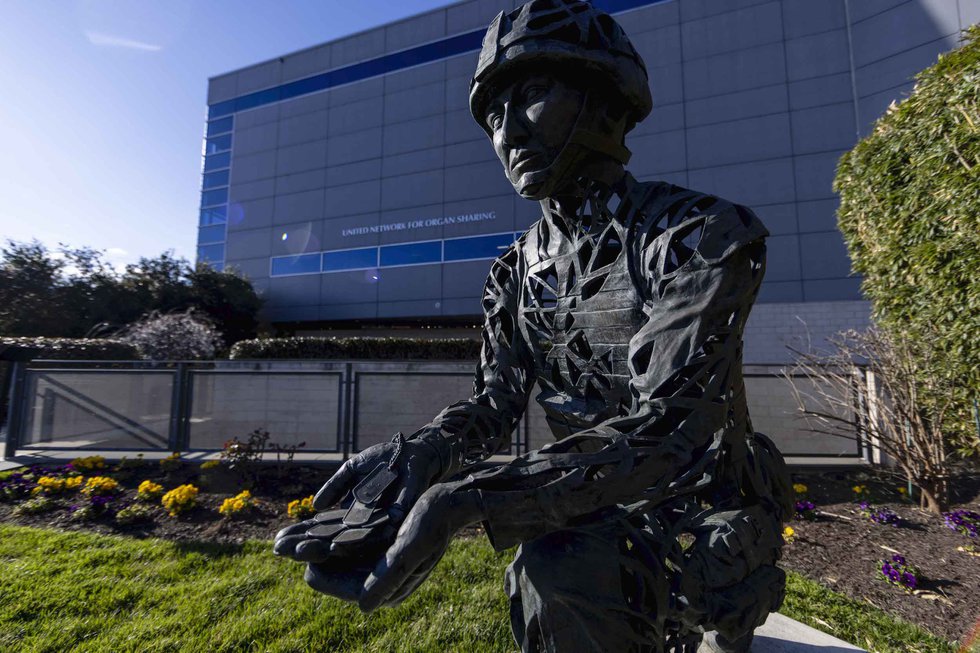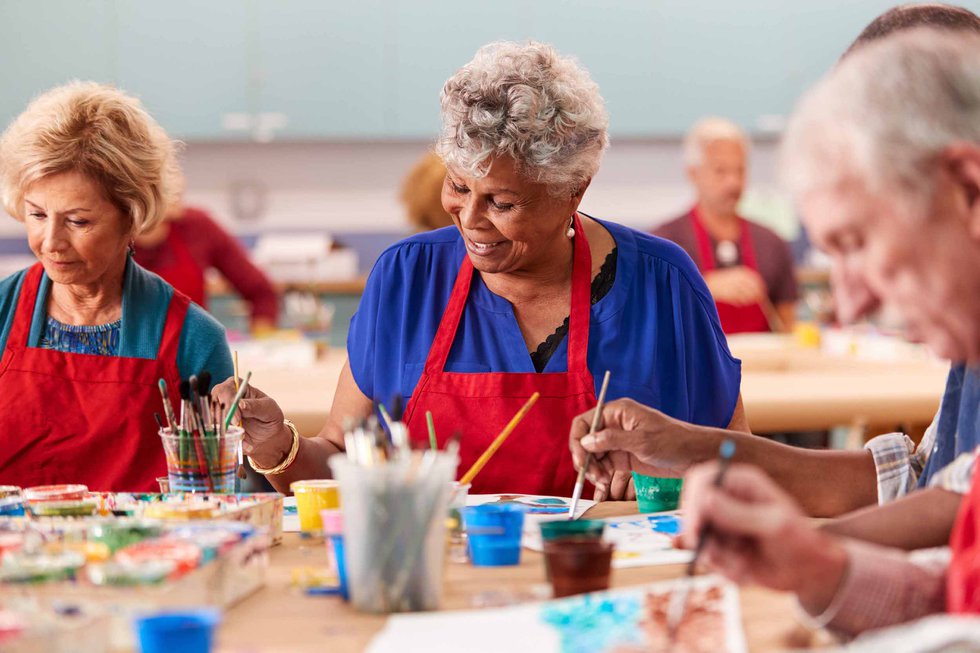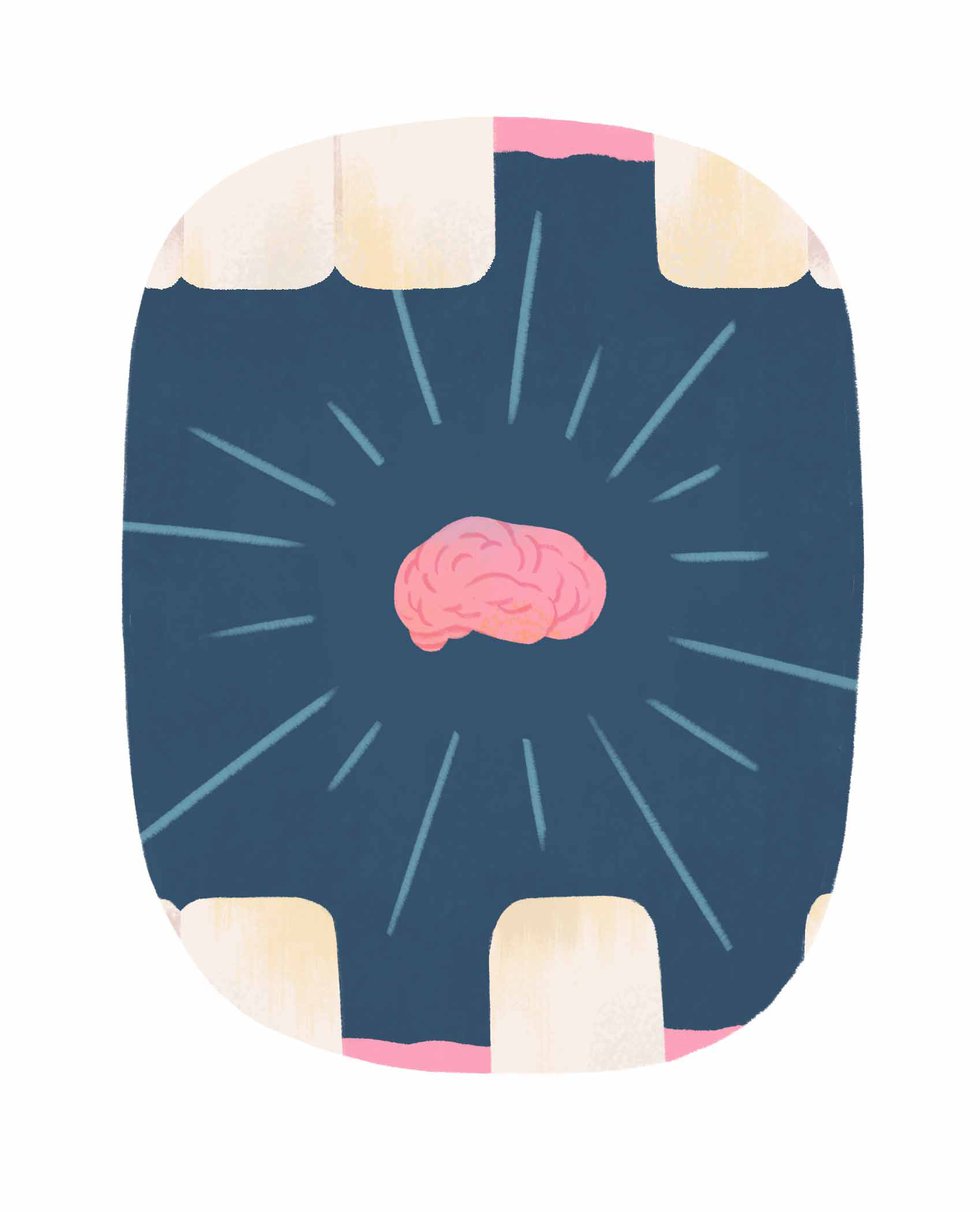For each organ transplanted in the U.S., Richmond’s UNOS makes it possible.

Heather James spent much of her young life fighting to breathe. Born with cystic fibrosis, she was losing that fight by the time she’d reached 19. In November of that year, with her lung function at barely 15 percent, her doctors “didn’t think I was going to make it to the New Year,” she recalls.
Then a stranger saved her life. Heather would never meet the woman who gave her a new pair of lungs, a liver, and a second chance at life. It was a gift that Heather, now 29, honors every day.
Each day in the U.S., approximately 117 organs are transplanted. The recipients are grandmothers and babies, firefighters, corporate managers, celebrities, and middle-schoolers, your college roommate, your father, sister, pastor, best friend.
The donors, too, are toddlers and retirees, athletes and line cooks, mothers, and military veterans. Some are living, but for most others, the donated organ is a final gift from a family who, while facing the worst, summons the grace and generosity to say yes for someone else.
A common thread runs through these stories to a single unremarkable building in downtown Richmond, in the offices of the United Network for Organ Sharing, known as UNOS (pronounced you-nos). A nonprofit with a 40-year history, UNOS works 24 hours a day, 365 days a year to match donor organs with people waiting for a lifesaving transplant.

Building a National System
More than 400,000 people in the U.S. are alive today thanks to one or more transplanted organ. In 2022, the country marked a milestone: one million transplants since the first successful one—a kidney, donated by one twin to his identical brother—took place in Boston in 1954. The year 2022 also saw a new national record: 42,888 transplants in one year.
But the history of transplant is fraught with trial and error. In the decades following that first twin brother success, the field remained largely experimental. Physicians and researchers pushed boundaries to refine the exquisitely complex process of trading a failing organ for a healthy one. The body’s immune system, which often rejects an organ it sees as an intruder, remained a major obstacle until the 1980s, when cyclosporine, the first truly successful immune-suppressing drug, revolutionized transplant medicine. There are recipients alive today thanks to that drug.
Meanwhile, Americans earned the legal right to donate their organs at death in 1968. But it wasn’t until 1980 that legislation established a clear definition of “death” in a potential organ donor.
Still, even with these advances, matching donor organs with recipients remained a game of hit-or-miss. Hospitals set their own criteria for listing, prioritizing, and matching patients with donor organs. And while some collaborated with each other, the matching process was often hampered by spotty communication between hospitals. If doctors could not locate an ideal match nearby, a lifesaving organ might go unused.

To solve this problem, one group in the South built a computerized database, designed to match donors and recipients. The group, founded in 1969, called itself the South-Eastern Organ Procurement Foundation and named its new database the “United Network for Organ Sharing.”
Congress then voted to launch a nationwide system for donation and transplant in 1984. In that same year, the South-Eastern group adopted the name of its database to become UNOS. Two years later, UNOS was awarded the first federal contract and, ever since, the Richmond-based organization has been the nerve center for our national donation and transplant system.
However, in March of this year, HRSA, the federal agency that oversees the OPTN (Organ Procurement and Transplantation Network) contract, proposed a series of changes to the system, potentially dividing responsibility for its management and operations. While the announcement offered few specifics, UNOS interim CEO and career research scientist Dr. Maureen McBride has emphasized the nonprofit’s commitment to working with HRSA to continue strengthening the system.
Saving Lives 24/7
Today UNOS’ role is multifaceted. But the heart of its work lies in managing the national transplant waiting list—more accurately “pools” of patient lists, grouped by organs—and matching them with donor organs, around the clock.
Transplant hospitals, not UNOS, determine who gets on the waiting list, and it’s a list that includes more than 100,000 people—babies in need of a heart who have never left the hospital, teenagers with newly diagnosed liver disease, young mothers with failing kidneys.
The clock starts ticking once a donor organ is recovered. The process of finding the ideal recipient—known as a “match run”—depends on multiple factors, but time and distance are crucial. A kidney may be viable for 24 hours but, for a heart or lungs, that time shrinks to just a few hours. It’s a race, then, to get these invaluable gifts where they’re needed. Throw in a traffic jam, a hurricane, or a holiday weekend, and the pressure mounts.

Staffed 24/7, UNOS’ Organ Center smooths this process in many ways. “I always think of the organ center as the middleman between the donation side and transplant side, connecting both to make that transplant happen,” says Ben Wolford, Organ Center manager. “The mission and the people are really what it’s all about.”
UNOS also conducts research, collecting and analyzing data that guides policies to make the system fair. There’s innovation, too, like a real-time GPS tracking system, which follows an organ from door to door, sending location updates every two minutes. The push now is for Congress to require a tracker on every organ in transit.
But ask anyone at UNOS and they’ll tell you their work is about people—the donors, patients, and the families—on both sides of the equation. UNOS operates within the raw space where loss and hope, grief and joy, death and life intersect. The memorial outside of its Richmond headquarters serves as a daily reminder of what’s at stake.
Perhaps nobody understands that connection better than staff members who have a personal connection to donation and transplant. Heather James is one of them. Three years after her lung and liver transplants, she also received a kidney from a living donor—her own mother. For James, “It’s such a gift to work at UNOS and help patients,” she says. “I have walked in their shoes.”
Transplant isn’t a miracle cure. Recipients will tell you it’s trading one medical journey for another: a lifetime of immune-suppressing medications, health complications, the risk of organ rejection. At the same time, an organ is a gift they never take for granted. James, like many recipients, has grown close with the family of her first donor, and she seeks to live in ways that honor her gift. “You never know if you or someone you love is going to need an organ,” she says. “And you are going to hope that someone out there has made that choice to be a donor.”

Pigs, Petri Dishes, and 3-D Printing
Imagine a world without waiting lists. An organ for anyone in need may sound futuristic, but some believe it can become a reality sooner rather than later. Researchers around the world are experimenting with growing organs from stem cells, “bioprinting” organs using 3-D printing technology and producing organs from genetically modified pigs.
In 2022, the University of Maryland made international news when 57-year-old patient David Bennet, with end-stage heart failure, received a transplanted pig heart. Bennet lived for two months, but subsequent investigation suggested a porcine virus may have contributed to his death, demonstrating both the potential promise and peril of these boundary-pushing innovations.
Today, more than 100,000 patients remain on the waiting list, most in need of a kidney. A single donor can save as many as eight lives, and cornea and tissue donors can help improve the lives of many more. There’s no donor age limit. In 2021, 95-year-old Cecil Lockhart became the oldest deceased donor on record in the U.S. And a growing number of people are becoming living donors as well; last year, more than 6,400 of them stepped up to save a life. UNOS.org/RegisterToBeAnOrganDonor









